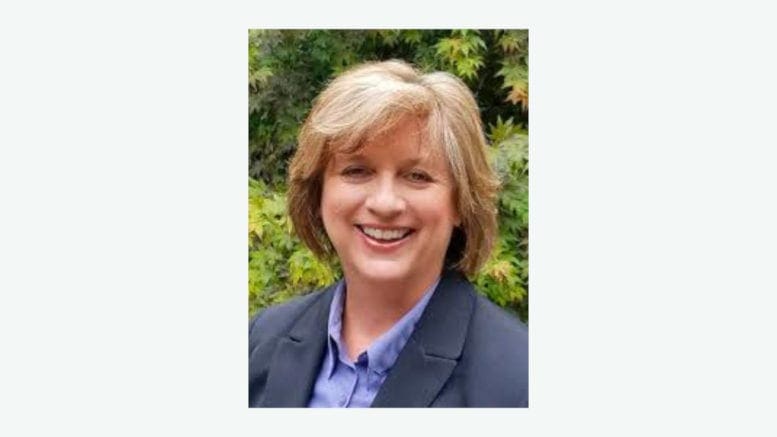By Melanie Dallas, LPC
It’s no secret we in the public sector use a lot of abbreviations: CSB, which stands for Community Service Board, a Georgia public safety-net behavioral health provider, like Highland Rivers Behavioral Health; DBHDD, the Department of Behavioral Health and Developmental Disabilities, which is Georgia’s state-level behavioral health agency; and SAMHSA, the federal Substance Abuse and Mental Health Services Administration.
But beginning in January, Highland Rivers will add a new set of letters: CCBHC, or Certified Community Behavioral Health Clinic. And while knowing what those letters stand for is important, understanding what they mean is much more significant.
First, some background. The CCBHC model was developed by SAMHSA and implemented in an eight-state demonstration beginning in 2017. Since then, grants from SAMHSA – either to specific clinics or to state agencies like DBHDD – have added CCBHCs across the U.S. Today, more than 500 CCBHCs operate in 49 U.S. states and territories.
So what is a CCBHC? A Certified Community Behavioral Health Clinic is a specially-designated clinic that provides a comprehensive range of mental health and substance use services. CCBHCs serve anyone who walks through the door, regardless of their diagnosis or insurance status. If that already sounds a lot like Highland Rivers Behavioral Health, it is. But there are also some key enhancements.
First, the CCBHC model emphasizes a whole health approach, integrating mental and physical health. CCBHC services not only include a continuum of behavioral health services, but also screening and monitoring basic physical health indicators, ensuring chronic disease risk factors are identified early and individuals are referred for appropriate healthcare. Toward that end, CCBHCs coordinate with primary care providers to meet individuals’ physical health needs.
An equally, if not somewhat more important, difference is in how CCBHCs are funded, including how services are reimbursed. Highland Rivers’ current funding includes some direct contract funds from DBHDD – fixed amounts regardless of the actual cost of the services provided – as well as reimbursements from Medicaid for services provided (also recognized as being well below the actual cost of providing the services). While this structure allows us to keep our doors open, it does not allow us to pay competitive wages.
However, CCBHC funding and reimbursement mechanisms not only support the real cost of expanding and maintaining services, but are also value-based, flexible and allow CSBs like Highland Rivers to invest in growing our organization with more competitive salaries. In fact, the 2022 CCBHC Impact Report, published in October by the National Council for Mental Wellbeing (formerly the National Council for Behavioral Health), found that providers operating as CCBHCs have seen increases in recruiting and retention, and a decrease in vacancy rates.
According to the Impact Report, the results of CCBHC implementation have been impressive, and significant:
- CCBHCs are serving an estimated 2.1 million people nationwide.
- CCBHC status enables clinics on average to serve more than 900 more people per clinic than prior to CCBHC implementation, or a 23% increase.
- CCBHCs provide access to mental health and substance use care much faster than the national average, with the vast majority offering access within a week or less.
- CCBHCs provide access to certain forms of substance use disorder treatment at vastly higher rates, with 82% of CCBHCs offering one or more forms of medication-assisted treatment, compared with only 56% of substance use clinics nationwide.
- As a result of becoming a CCBHC, clinics created an estimated 11,000 new behavioral health jobs nationally, critical to the ongoing workforce shortage and rising demand for services.
For these reasons, Highland Rivers is looking forward to becoming a CCBHC, and planning has already begun. While our agency will benefit, the most important benefits will be to the communities and individuals we serve – with increased access to services, delivered more quickly, efficiently and effectively, by a stronger and more sustainable Highland Rivers Behavioral Health.
Melanie Dallas is a licensed professional counselor and CEO of Highland Rivers Behavioral Health, which provides treatment and recovery services for individuals with mental illness, substance use disorders, and intellectual and developmental disabilities in a 13-county region of northwest Georgia that includes Bartow, Cherokee, Cobb, Floyd, Fannin, Gilmer, Gordon, Haralson, Murray, Paulding, Pickens, Polk and Whitfield counties.

